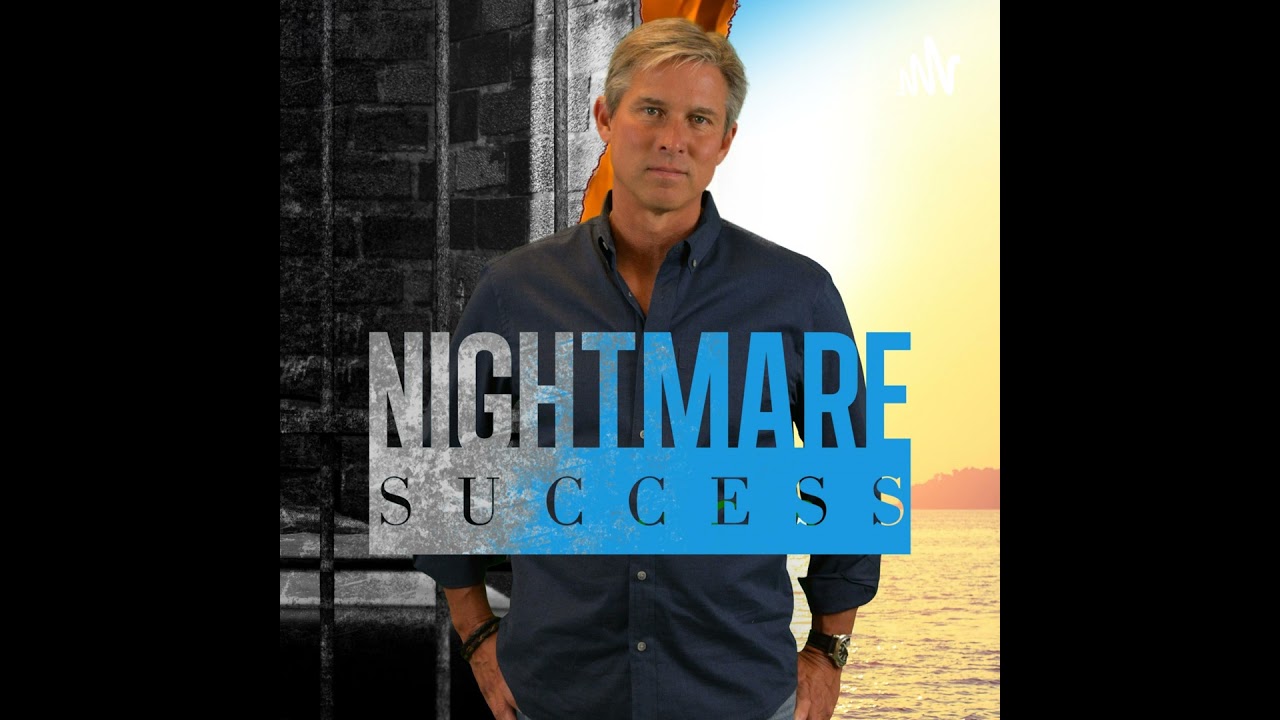Imagine a young man sitting in a cold cell, the stark fluorescent lights flickering overhead, contemplating how he ended up on Kansas City’s top 10 most wanted list. That was Rick Gray’s reality, a culmination of years spent in a cycle of partying, drinking, and drug use that began in his teenage years. This moment was not just a low point; it marked the beginning of a profound journey that would eventually lead him to become a Home Builder not just in the literal sense of constructing houses but in the much deeper sense of rebuilding lives. Rick’s early life was complicated, shaped by a father who had his own struggles with the law.
Growing up, Rick often felt the weight of insecurity, stemming from a lack of support and guidance at home. His father had spent 18 months in prison for breaking into houses, which planted a seed of fear in Rick from a young age. In fourth grade, he vividly remembers a moment when his father shared his own prison experience, a story that would haunt Rick for years. He felt destined to follow in those footsteps, and as he grew older, that fear morphed into a reality.
But it was during this time of chaos and uncertainty that Rick began to lose himself. The partying escalated, and the drugs took control. He found himself frequently in and out of jail, battling addiction while losing the trust of his family. The turning point came when he stole a significant amount of money from them, an act that shattered their faith in him.
It was a wake up call, a moment of clarity amidst the fog of addiction. Rick realized he was not just hurting himself; he was hurting the people who loved him. This experience became the catalyst for change.
Rick recognized he needed to break free from the cycle that had defined his life for so long. He began to channel his energy into something constructive. He started a non profit focused on helping those impacted by the justice system, teaching them carpentry skills and providing housing support. In doing so, he became a Home Builder in every sense of the word.
Rick’s mission was clear: to provide others with the tools and resources they needed to rebuild their lives after incarceration. As he shared his story on my podcast, I could feel the passion and determination in his voice. Rick spoke about how the same skills he learned while trying to survive the streets were now being used to uplift those who were lost. He expressed the significance of having a purpose, something to work towards that goes beyond oneself.
This mindset shift was crucial for him, and it is a lesson he now imparts to others. He told us, “I want to show them that they can build something positive, not just for themselves but for their families and communities.” Rick’s journey is a reflection of the struggles and triumphs many face when trying to reintegrate into society after incarceration. He has turned his past into a driving force for good, helping others navigate the complexities of life after prison. His commitment to advocacy is not just about providing skills; it is about restoring dignity and hope in a world that often looks down on those with criminal records.
As we wrapped up our conversation, I found myself reflecting on the profound impact of Rick’s work. He has transformed from a young man lost in a cycle of crime and addiction to a dedicated advocate for change. His journey teaches us that while the past can shape us, it does not have to define us. With the right support and determination, it is possible to build a new path, one that leads to empowerment and fulfillment.
Rick Gray’s story is not just his own; it resonates with anyone who has faced challenges and sought redemption. By sharing his experiences, he is paving the way for others to find their footing and build a future they can be proud of.

